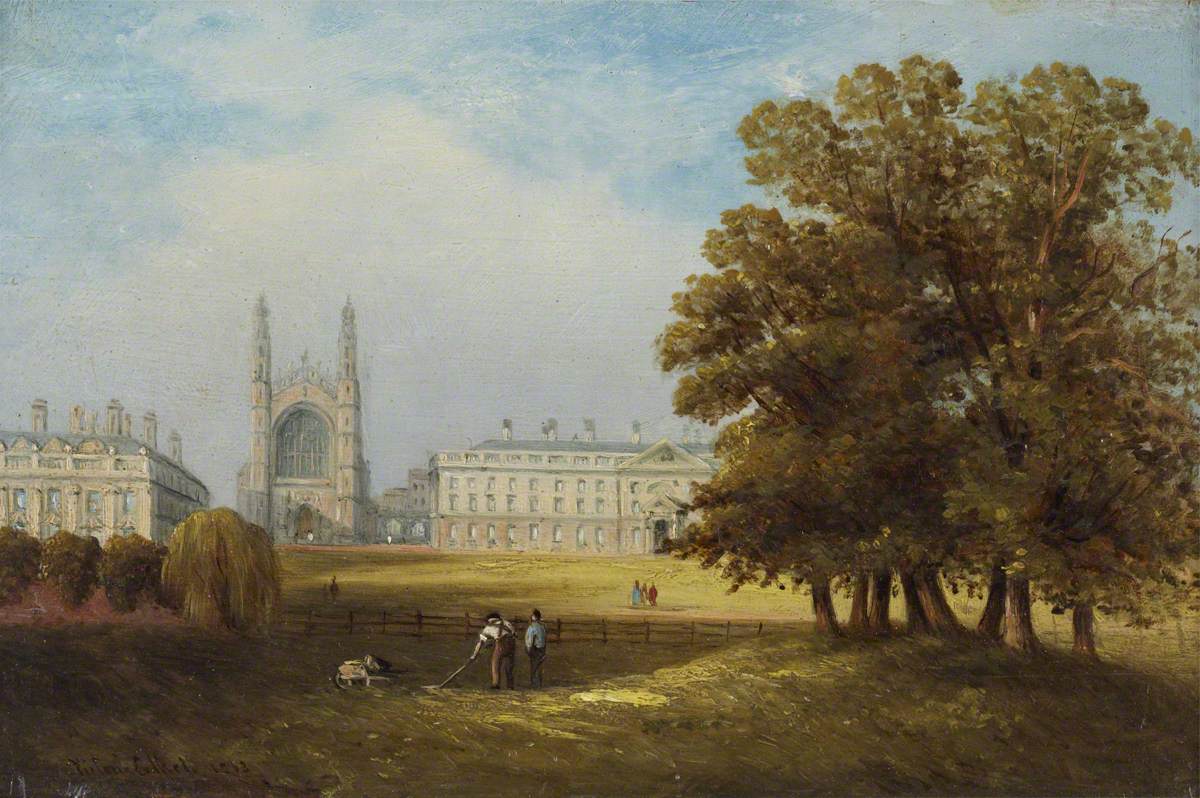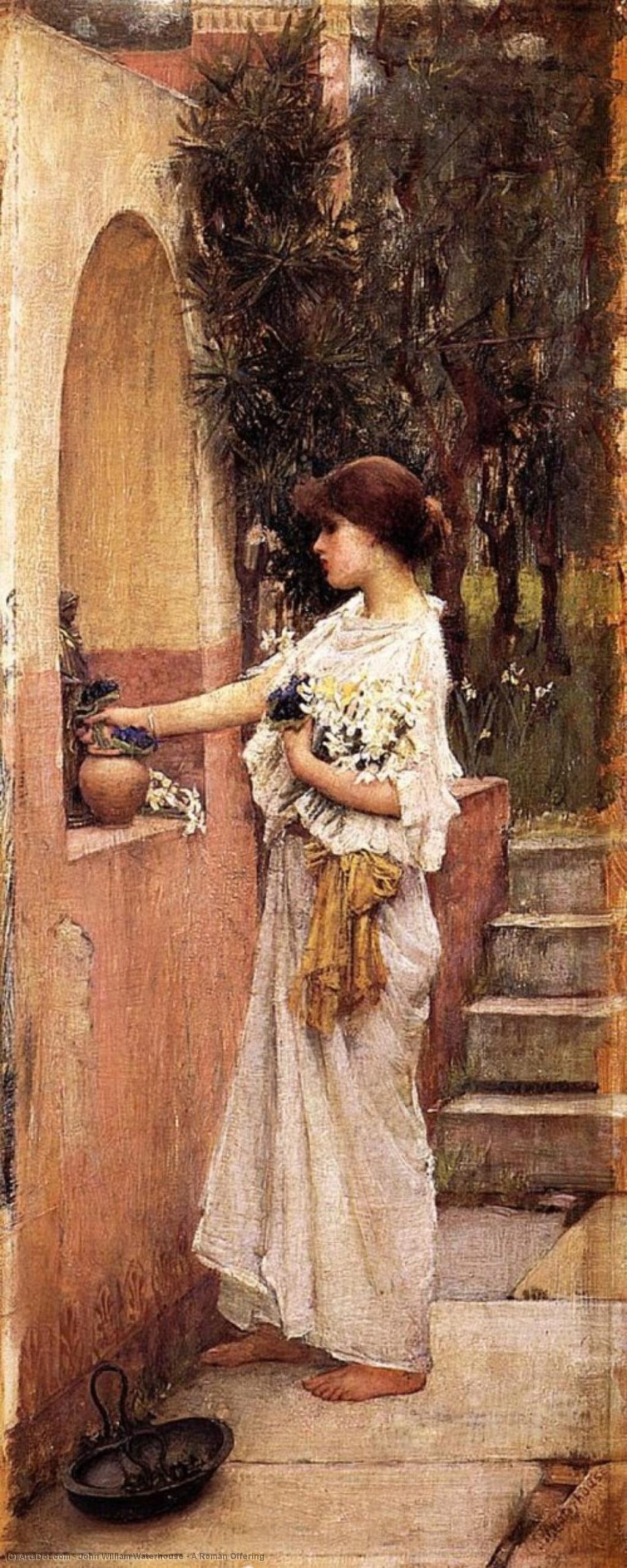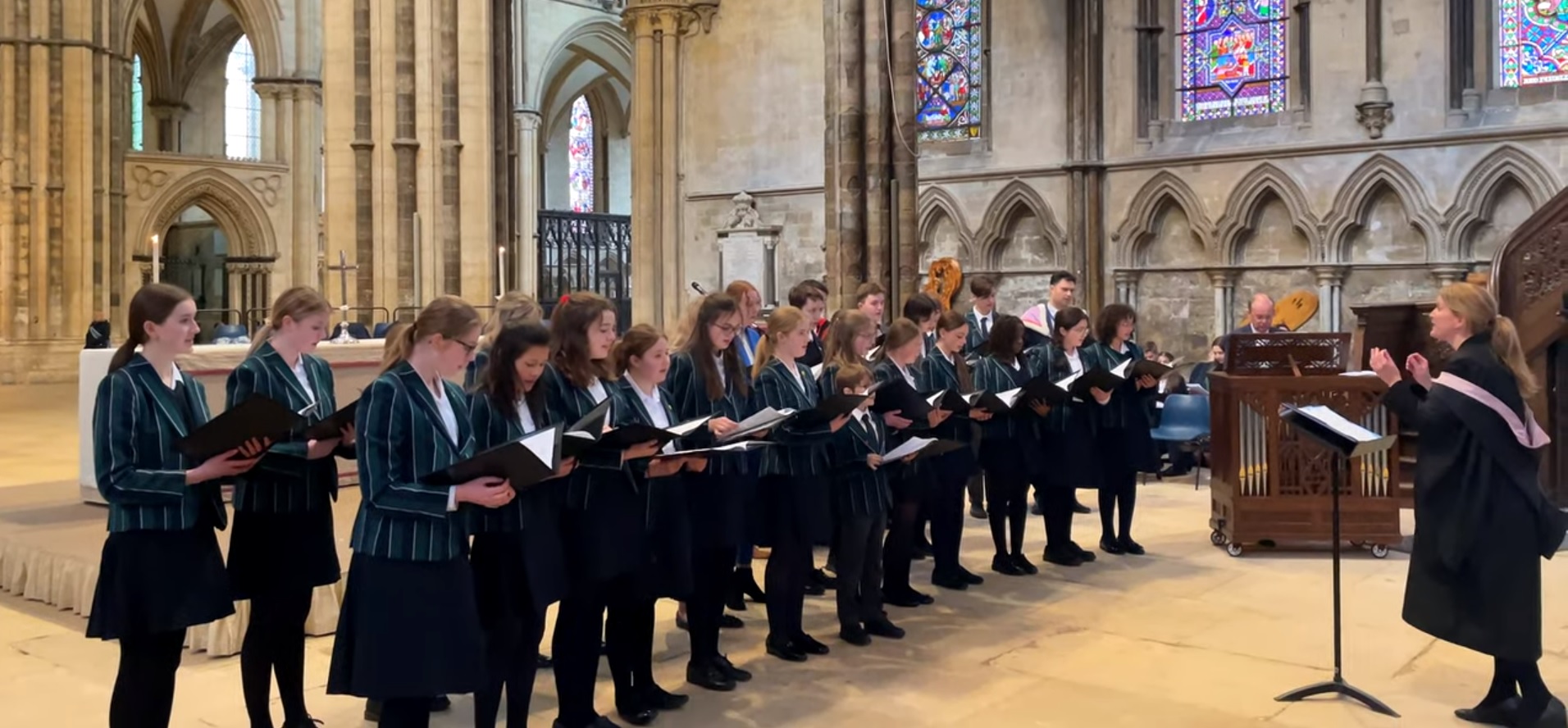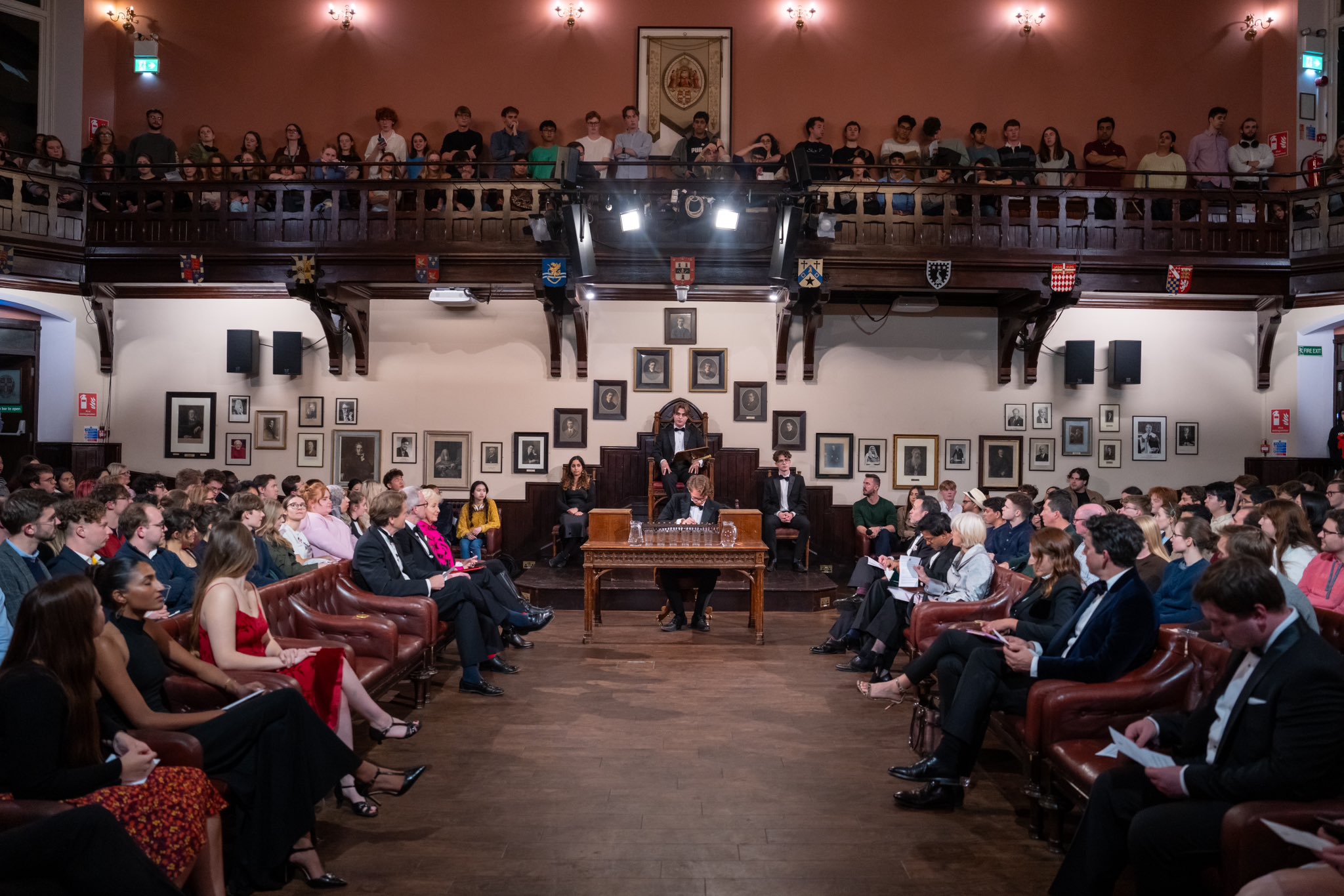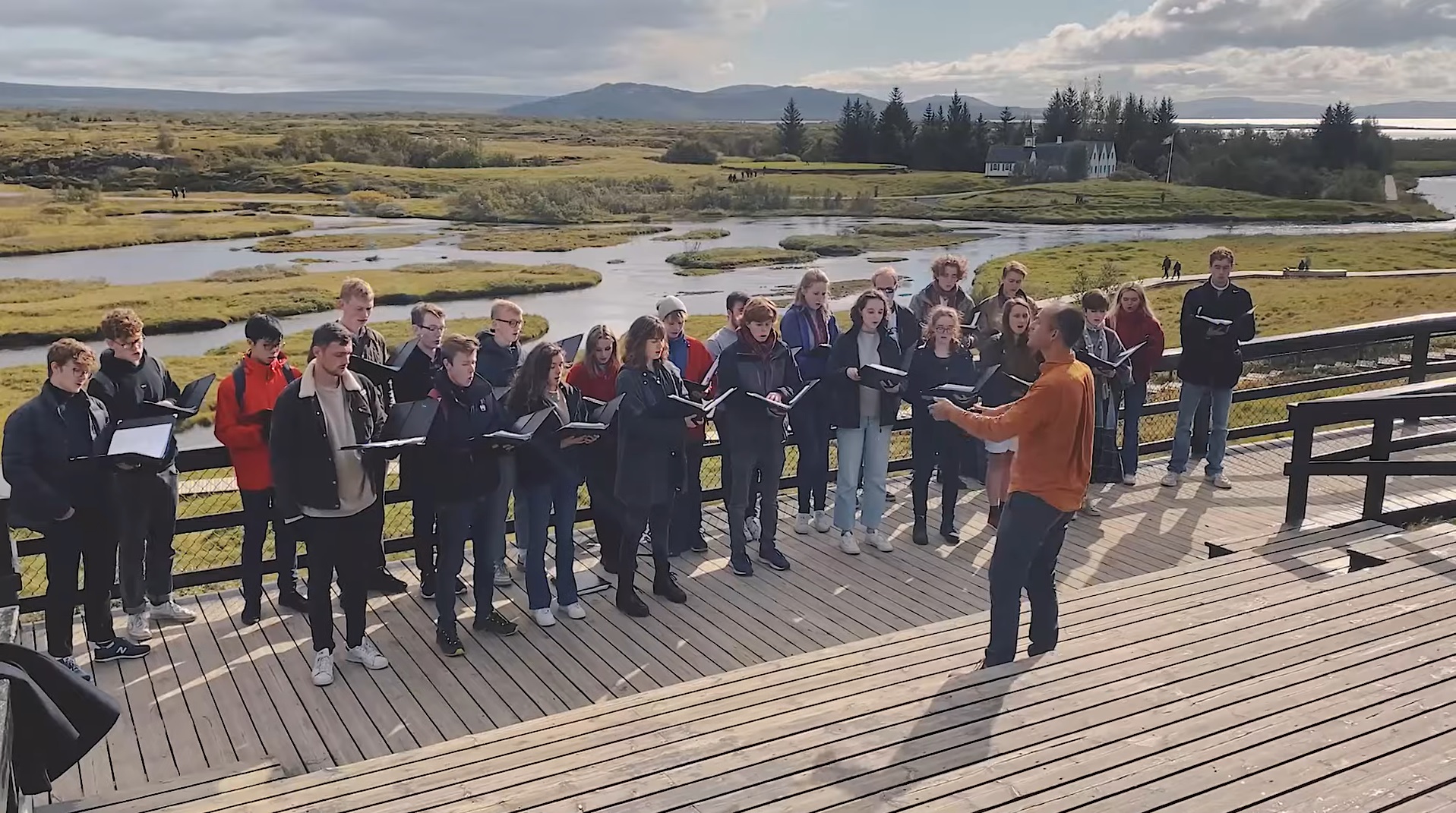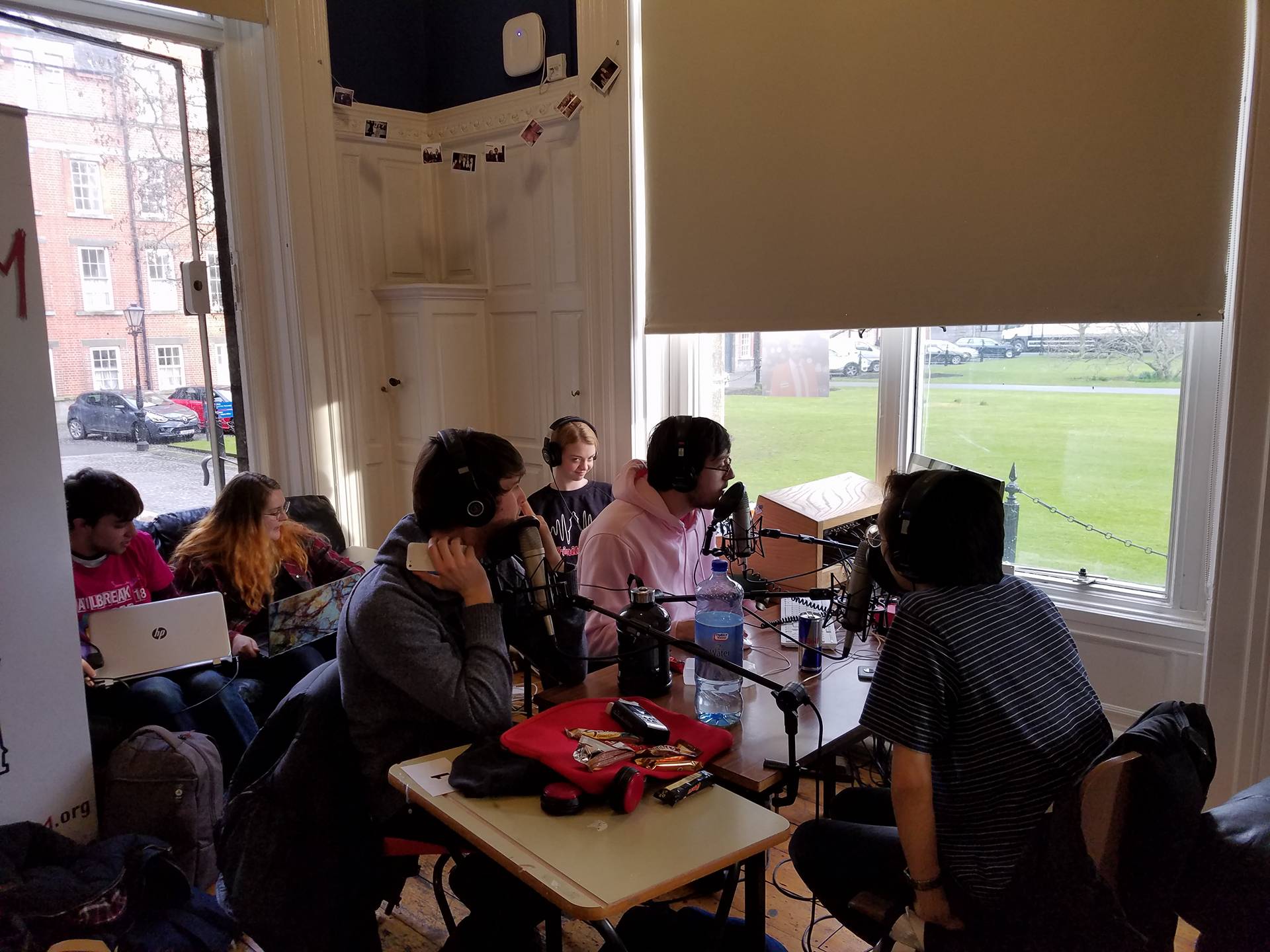“Thine Be the Glory” (originally “À toi la gloire” in French) is a Christian hymn written by Swiss pastor and hymnwriter Edmond Louis Budry in 1884. The hymn was composed to celebrate the Resurrection of Jesus Christ, making it particularly associated with Easter. Budry, a minister in the Reformed Church of Vevey, Switzerland, wrote the text in French, inspired by the triumphant and victorious nature of Christ’s resurrection.
The tune commonly used for the hymn is adapted from a piece in George Frideric Handel’s oratorio Judas Maccabaeus (1747), specifically the chorus “See, the Conqu’ring Hero Comes.” This lively and majestic melody was arranged for the hymn by 1885, when the text and tune were first published together in the Swiss hymnal L’Organiste. The English translation, which begins “Thine be the glory, risen, conqu’ring Son,” was made by Richard Birch Hoyle in 1923, enabling the hymn to gain widespread popularity in English-speaking congregations.
The hymn’s text draws heavily on biblical themes, particularly from the New Testament accounts of the Resurrection (e.g., Matthew 28, 1 Corinthians 15). It emphasizes Christ’s victory over death, the hope of eternal life, and the call for believers to offer praise and glory to God.
Thine be the glory, risen, conquering Son;
endless is the victory, thou o’er death hast won;
angels in bright raiment rolled the stone away,
kept the folded grave clothes where thy body lay.
Refrain:
Thine be the glory, risen conquering Son,
Endless is the vict’ry, thou o’er death hast won.
Lo! Jesus meets us, risen from the tomb;
Lovingly he greets us, scatters fear and gloom;
let the Church with gladness, hymns of triumph sing;
for her Lord now liveth, death hath lost its sting.
No more we doubt thee, glorious Prince of life;
life is naught without thee; aid us in our strife;
make us more than conquerors, through thy deathless love:
bring us safe through Jordan to thy home above.



